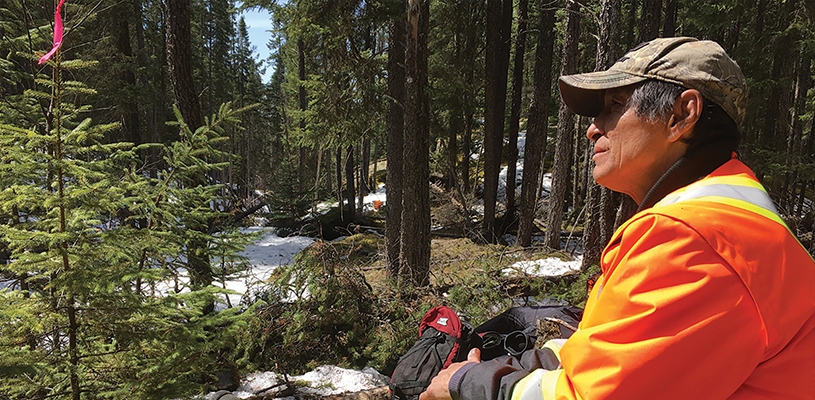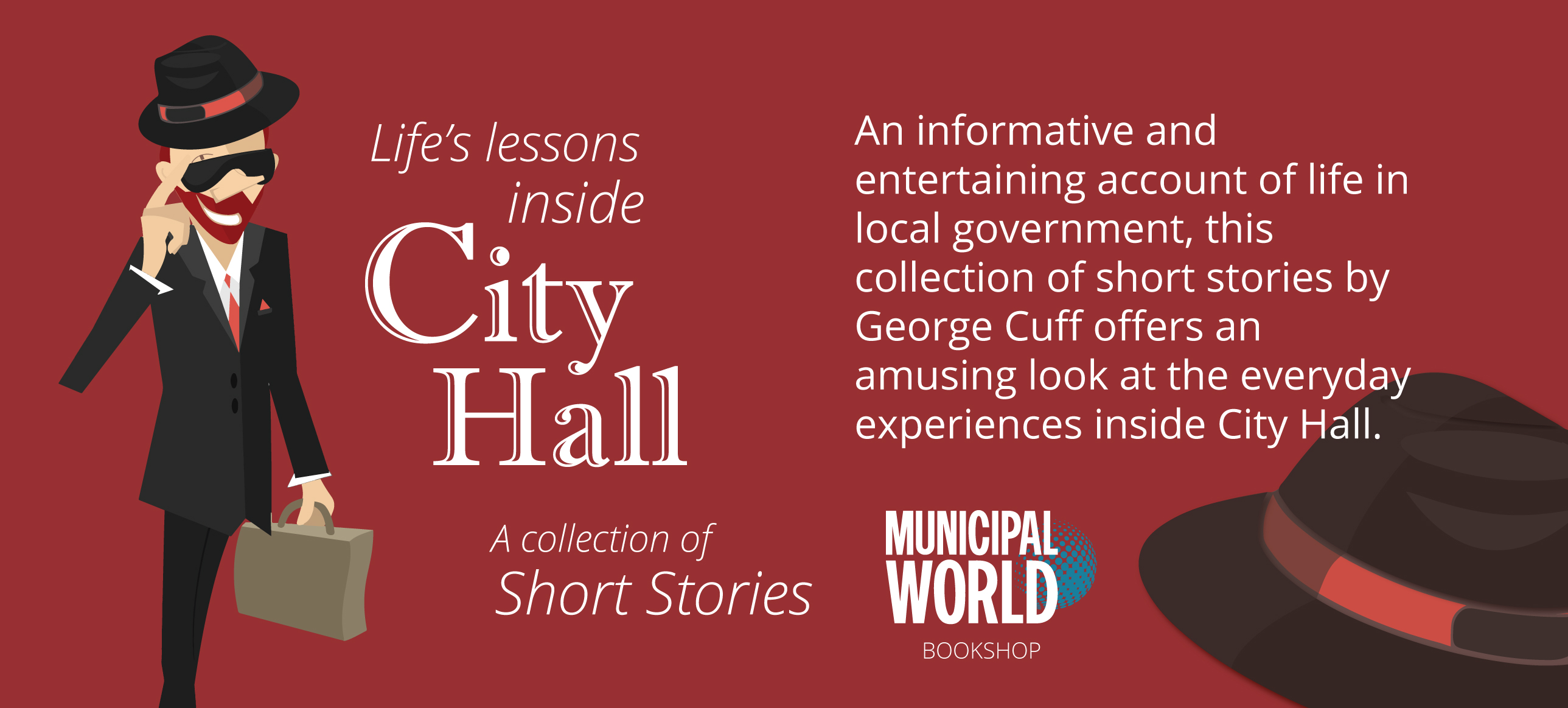Providing peace of mind for future generations

Sponsored by Nuclear Waste Management Organization
The nuclear industry has produced electricity in Canada for more than 50 years.
Nuclear energy provides stable, reliable baseload power for millions of Canadians. It has powered hospitals, illuminated arena scoreboards, and kept community centres running. And it has done so reliably, without producing emissions.
Protecting the environment is a goal everyone in the nuclear industry shares, and we also know people have important questions about the long-term management of Canada’s used nuclear fuel. Addressing those concerns is precisely why the Nuclear Waste Management Organization (NWMO) was first created. We exist to design and implement Canada’s plan for the safe, long-term management of used nuclear fuel in a manner that protects people and the environment.
Canadians have told us that leaving this burden to future generations is not an option, so we are taking action now to help address a major challenge while ensuring safety for generations to come. We are there to ensure Canada’s plan for the safe, long-term management of used nuclear fuel is responsible, environmentally sound, and moving forward in a way that involves people and communities.
Our role as an organization is to provide certainty and peace of mind to Canadians – especially those who are living in the areas where communities expressed interest in participating in the site selection process and exploring their potential to host a deep geological repository. Twenty-two communities initially stepped forward to learn more about Canada’s plan, and we are now down to five possible host areas in Ontario, Huron-Kinloss, and South Bruce in the south and Hornepayne, Ignace, and Manitouwadge in the north.
That means a big part of what we do is working with communities in those areas to ensure they have the tools they need when it comes time to make a decision about hosting Canada’s plan. It means lots of two-way conversations, investing in those areas, and planning for each community’s ability to potentially take on this important, $23-billion, national infrastructure project.
It means a collaborative approach to environmental reviews, bringing communities into the conversation about Canada’s plan and ensuring we value local knowledge. It means valuing Indigenous knowledge alongside western science, and consulting with Elders as we work to implement those plans.
It means taking a holistic approach to analyzing our environmental impact and working with Indigenous knowledge keepers as they walk the land with our environmental scientists. It means honouring our commitment to ensure the project only proceeds in an area with informed and willing hosts, where people who live there understand what it means to take on a project like this and support having it located there. And it means we analyze everything we do to ensure a minimal impact to the environment.
Canada’s plan is advancing: we plan to identify a single, preferred location for a deep geological repository for used nuclear fuel by about 2023. And thanks to the extensive engagement from people in potential siting areas, we’re taking a collaborative approach to ensure the project fits into that community’s vision for itself while we work to protect people and the environment.
Learn more about our work at www.nwmo.ca, find us on social media at @NWMOCanada, or visit our information exhibit at the 2019 Association of Municipalities of Ontario Annual Conference in Ottawa, August 18-21.
✯ Municipal World Insider and Executive Members: You might also be interested in Christopher Ragan and Jonathan Arnold’s article: An economic take on managing solid waste: How Canadian communities can reduce waste management costs and make waste systems more sustainable. Note that you can now access the complete collection of past articles (and more) from your membership dashboard.
Michael Borrelli is Senior Advisor, Municipal Relations for the Nuclear Waste Management Organization.
Related resource materials:



